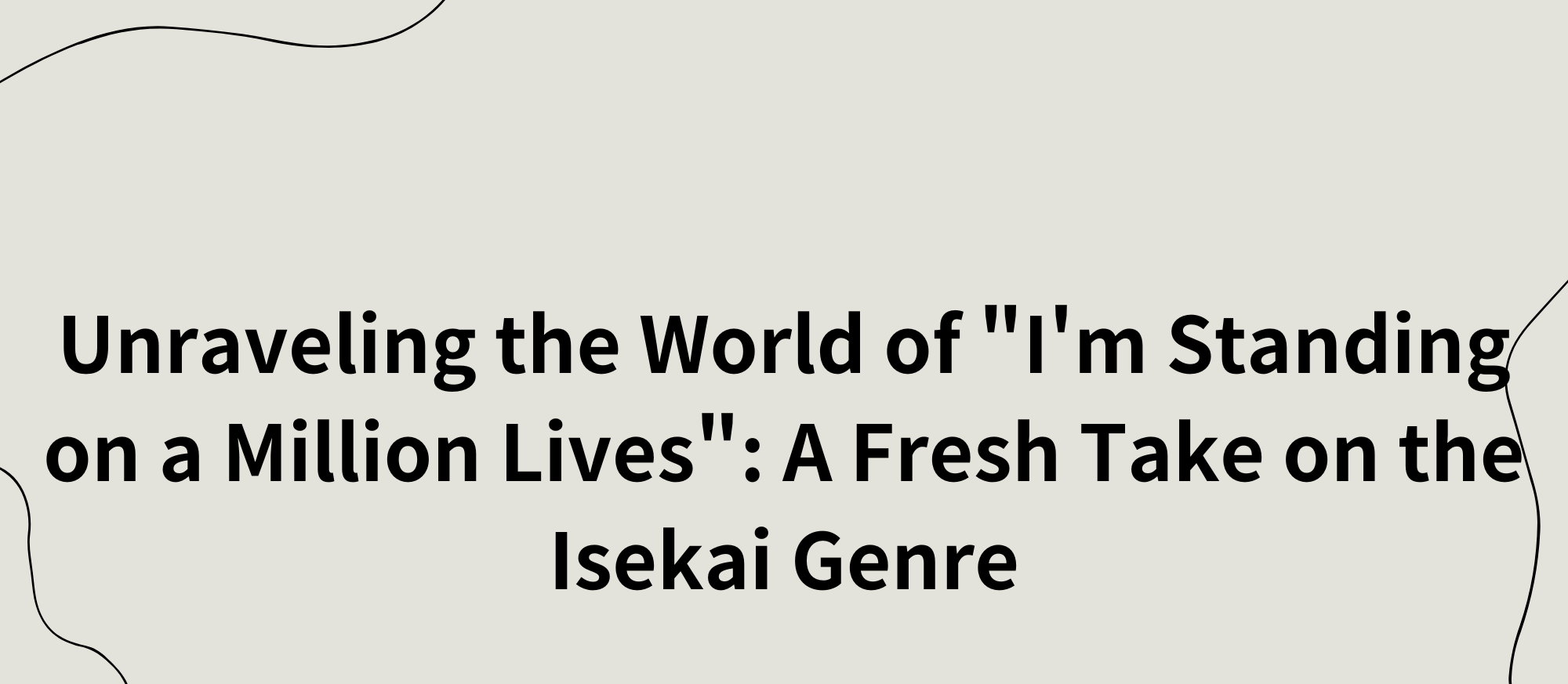 Explore the captivating world of "I'm Standing on a Million Lives." Discover the plot, character development, and the unique elements that set this isekai series apart from the rest.
Explore the captivating world of "I'm Standing on a Million Lives." Discover the plot, character development, and the unique elements that set this isekai series apart from the rest.
- Introduction to "I'm Standing on a Million Lives"
- Plot Summary
- Character Analysis
- Themes and Motifs
- Cultural Impact and Fan Reception
Introduction to "I'm Standing on a Million Lives"
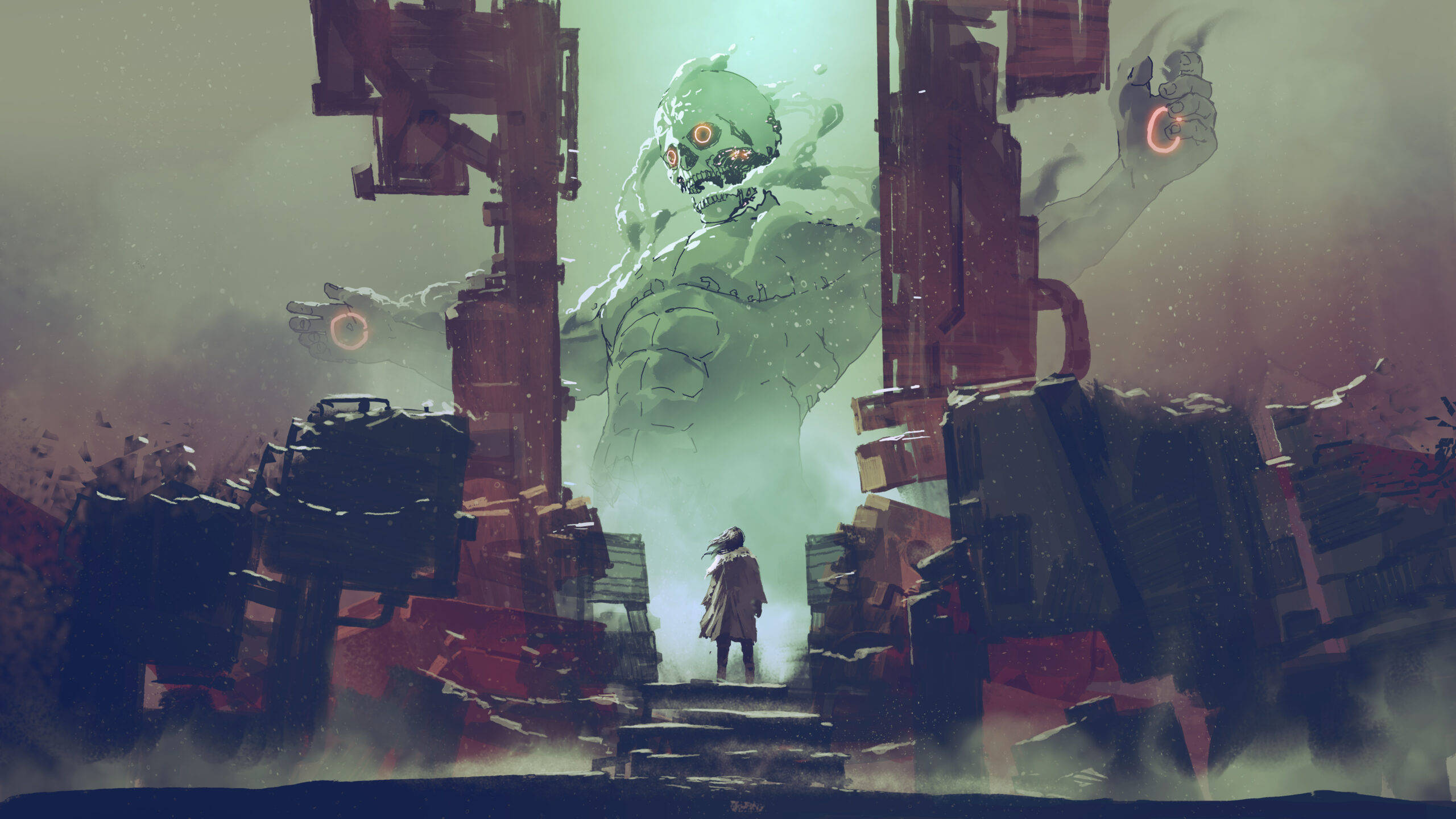 Let’s dive into the intriguing world of "I'm Standing on a Million Lives," an anime that adds a fresh twist to the ever-popular isekai genre. At first glance, it might seem like just another story of a high school student transported to a fantastical world, but don’t be fooled—this series is anything but typical.
Let’s dive into the intriguing world of "I'm Standing on a Million Lives," an anime that adds a fresh twist to the ever-popular isekai genre. At first glance, it might seem like just another story of a high school student transported to a fantastical world, but don’t be fooled—this series is anything but typical.
Our main character, Yusuke Yotsuya, is not your average hero. He’s a pragmatic, somewhat detached high schooler who suddenly finds himself in a parallel world, tasked with completing dangerous quests. What sets Yotsuya apart from other isekai protagonists is his no-nonsense attitude. He’s not driven by dreams of heroism or glory; instead, he approaches his new reality with a cold, analytical mindset. This makes him a unique and compelling lead, someone who challenges the usual tropes of the genre.
Yotsuya isn’t alone in this world—he’s joined by two of his classmates, Shindo and Hakozaki, who were transported before him. Together, they must navigate the game-like world where failure means real death, and the stakes couldn’t be higher. The series wastes no time in plunging its characters into life-or-death situations, forcing them to work together despite their differences. This dynamic creates an intense, sometimes gritty atmosphere that keeps viewers on the edge of their seats.
What’s particularly interesting about "I'm Standing on a Million Lives" is how it blends the familiar with the unexpected. Yes, there are swords, monsters, and magical powers, but the narrative is driven by tough moral choices and the psychological strain of surviving in a world where every decision could be your last. The series doesn’t shy away from exploring the darker sides of human nature, making it a thought-provoking watch for anyone looking for more than just action and adventure.
The animation and visuals of the show play a significant role in bringing this world to life. From the sprawling landscapes of the alternate world to the intricate designs of the monsters, the art direction adds depth to the storytelling. The fight scenes are dynamic and well-choreographed, but it’s the quieter moments, where characters confront their fears and doubts, that really stand out. These scenes are beautifully rendered, with the animation capturing the subtle nuances of the characters’ emotions.
Now, let’s talk about the game-like mechanics that are central to the plot. The characters are not just fighting for survival—they’re playing a game with rules, levels, and objectives. This adds an extra layer of tension to the story. Yotsuya’s approach to these challenges is methodical and sometimes ruthless, reflecting his determination to complete the missions no matter the cost. This game-like structure also means that every episode brings new twists, as the characters face increasingly difficult tasks that test their limits both physically and mentally.
In conclusion, "I'm Standing on a Million Lives" is a series that offers much more than its premise might suggest. It’s a story about survival, morality, and what it means to be human in the face of overwhelming odds. Whether you’re a seasoned fan of isekai anime or new to the genre, this series is sure to captivate you with its unique blend of action, strategy, and psychological depth. So, if you’re looking for an anime that challenges the norms and keeps you guessing, "I'm Standing on a Million Lives" is definitely worth a watch.
Plot Summary of "I'm Standing on a Million Lives"
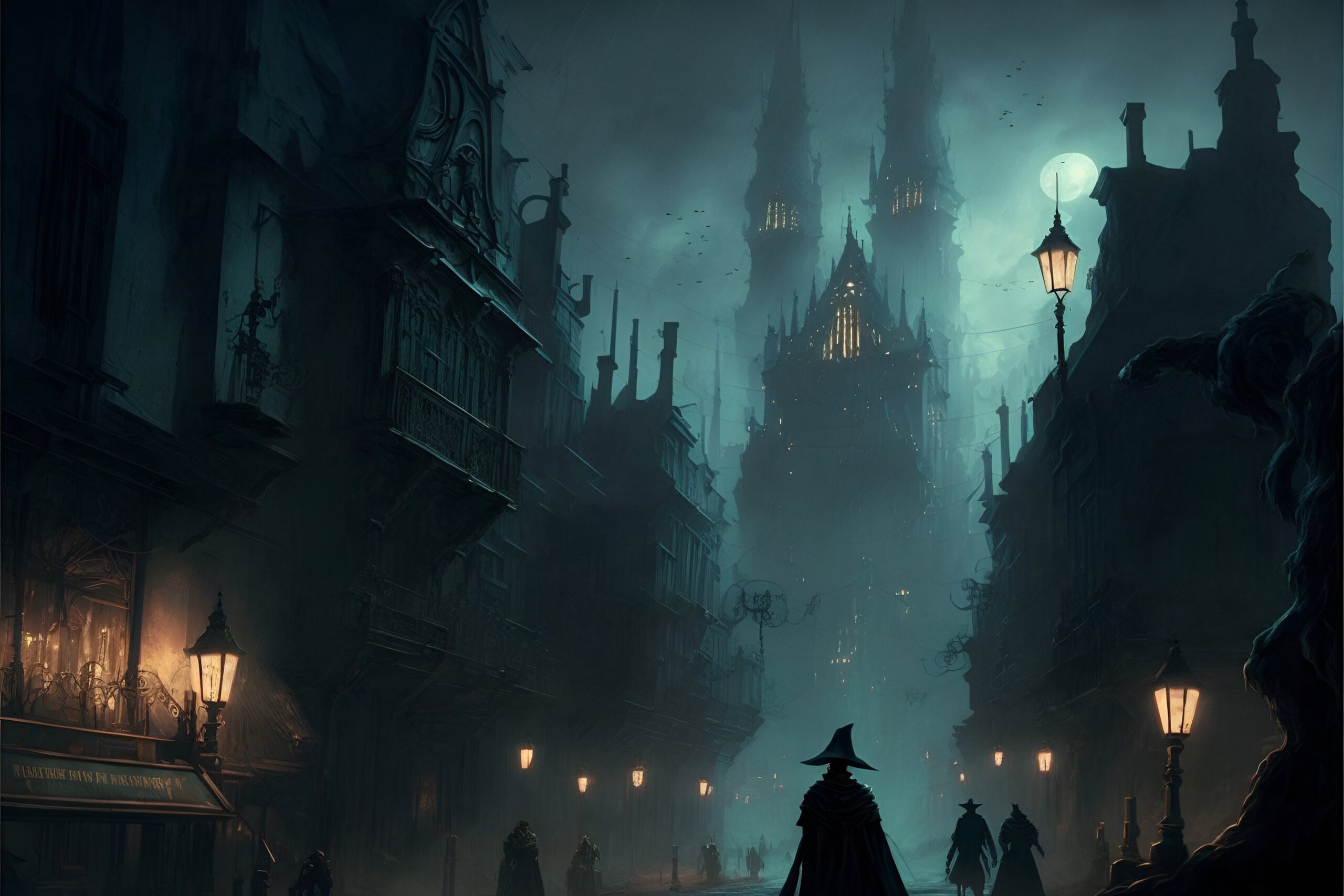 Imagine being thrust into a world where your every action could mean life or death, not just for you but for those around you. That’s exactly what happens to Yusuke Yotsuya, a detached and pragmatic high school student, in "I'm Standing on a Million Lives." One day, Yotsuya is suddenly transported to a mysterious, game-like world along with two of his classmates, Iu Shindo and Kusue Hakozaki. The trio quickly realizes that this isn’t just a simple adventure—it’s a matter of survival.
Imagine being thrust into a world where your every action could mean life or death, not just for you but for those around you. That’s exactly what happens to Yusuke Yotsuya, a detached and pragmatic high school student, in "I'm Standing on a Million Lives." One day, Yotsuya is suddenly transported to a mysterious, game-like world along with two of his classmates, Iu Shindo and Kusue Hakozaki. The trio quickly realizes that this isn’t just a simple adventure—it’s a matter of survival.
In this alternate world, Yotsuya and his classmates are assigned roles similar to those in an RPG. Yotsuya, to his dismay, is given the role of a Farmer, a class with seemingly no combat abilities. However, as they embark on their quests, it becomes clear that each character’s role, while initially underwhelming, holds unique potential when used strategically. The game’s mechanics are unforgiving—if a character dies, they will be resurrected after 30 seconds, but if all members are killed simultaneously, the game, and their lives, are over for good.
The group is given a series of increasingly difficult missions, ranging from defeating monsters to protecting villagers from attacks. These missions force them to cooperate and grow both as individuals and as a team. Yotsuya’s analytical mind becomes a crucial asset as he figures out how to leverage his seemingly weak role to the group’s advantage. Despite his initial reluctance to form bonds with his teammates, Yotsuya gradually begins to care for their well-being, realizing that their survival depends on trust and collaboration.
As they progress through the game, the stakes get higher, and the challenges become more complex. The group is joined by additional players, each bringing their own strengths and vulnerabilities to the table. Together, they must navigate not only the physical dangers of the world but also the psychological toll of constantly being on the edge of death. The tension escalates as they uncover the true nature of the world they’ve been thrust into and the mysterious Game Master who controls their fates.
What makes the plot of "I'm Standing on a Million Lives" particularly engaging is its blend of traditional isekai elements with darker, more mature themes. The series explores the moral dilemmas the characters face as they are forced to make difficult decisions—choices that often have grave consequences. The narrative doesn’t shy away from the harsh realities of survival, making it clear that every choice matters and that the line between right and wrong is often blurred.
As the story unfolds, viewers are drawn into the mysteries of the game world. What is the true purpose of these missions? Who is the Game Master, and why have these specific individuals been chosen? These questions drive the plot forward, keeping the audience engaged as they, too, try to piece together the puzzle alongside Yotsuya and his companions.
In summary, "I'm Standing on a Million Lives" offers a plot that’s both thrilling and thought-provoking. It’s a story about survival, teamwork, and the complexities of human nature, set against the backdrop of a dangerous and mysterious world. Whether you’re drawn in by the strategic gameplay or the emotional depth of the characters, this series is sure to keep you hooked from start to finish.
Character Analysis of "I'm Standing on a Million Lives"
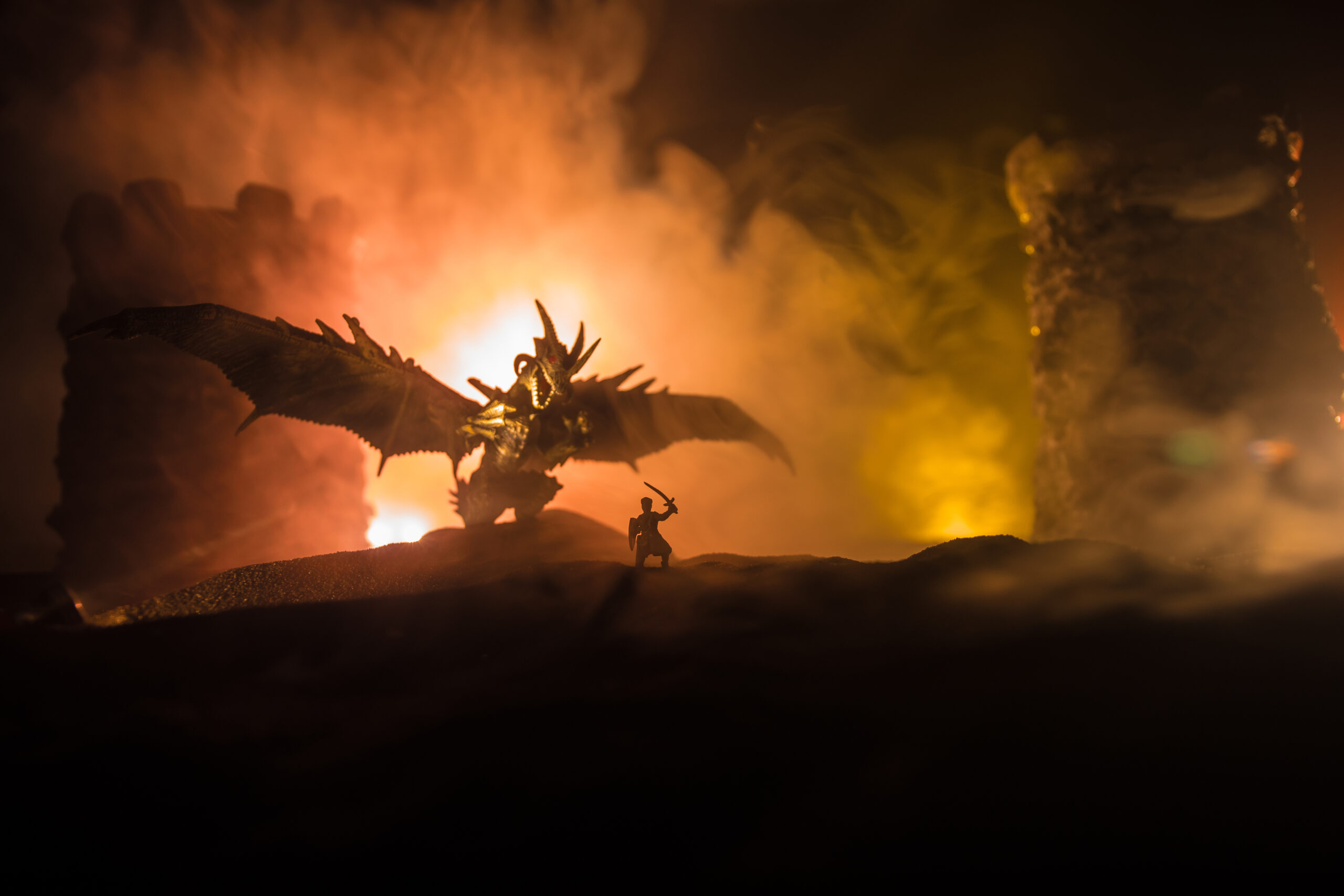 Let’s talk about the characters in "I'm Standing on a Million Lives," because they’re truly the heart and soul of the series. At first glance, you might think you’ve got them all figured out—another group of high school students thrust into an unfamiliar world. But as the story unfolds, it’s clear that these characters are anything but typical.
Let’s talk about the characters in "I'm Standing on a Million Lives," because they’re truly the heart and soul of the series. At first glance, you might think you’ve got them all figured out—another group of high school students thrust into an unfamiliar world. But as the story unfolds, it’s clear that these characters are anything but typical.
Starting with Yusuke Yotsuya, our protagonist, you quickly realize that he’s not your average hero. Yotsuya is pragmatic, detached, and doesn’t care much for the world or the people around him. He approaches life—and this new world—with a calculated, almost cold, mindset. His role as a Farmer, seemingly the weakest of all classes, initially appears to be a cruel joke. But Yotsuya’s strength lies in his ability to adapt and think strategically. He leverages his role to the group’s advantage in unexpected ways, proving that his true power is his intellect. Over time, Yotsuya’s journey is as much about his emotional growth as it is about survival. He starts to care for his teammates, realizing that in this harsh world, human connection is as important as physical strength.
Then there’s Iu Shindo, who’s almost the polar opposite of Yotsuya. She’s kind, empathetic, and always tries to see the best in people. As one of the first characters to be transported to the alternate world, Shindo’s experience makes her a natural leader, though she often struggles with the weight of that responsibility. Her class, the Wizard, allows her to wield powerful magic, but it’s her inner strength that truly stands out. Shindo’s ability to inspire hope in her teammates, even in the darkest of times, is a key element in their survival.
Kusue Hakozaki, the third member of the original trio, is a character who embodies the theme of perseverance. Initially weak and lacking in self-confidence, Hakozaki’s journey is one of the most profound. As a Warrior, she’s supposed to be strong and fearless, but her physical limitations and self-doubt make her feel like a burden to the group. However, as the series progresses, Hakozaki slowly begins to find her inner strength. She’s motivated by her desire to protect others, and this drives her to push past her limitations, both physical and emotional. Hakozaki’s growth is a testament to the series’ focus on character development and the importance of inner resilience.
As more characters are introduced, each brings their own unique dynamic to the group. For instance, Yuka Tokitate, who joins later, adds a layer of complexity with her unpredictable nature and sometimes mischievous behavior. Her role as a Hunter complements the team with her sharp instincts and quick thinking. Though she often hides her insecurities behind a facade of confidence, Tokitate’s vulnerability is what makes her relatable and adds depth to her character.
The interplay between these characters is where "I'm Standing on a Million Lives" really shines. The series doesn’t just focus on their strengths—it explores their flaws, their fears, and their internal conflicts. Yotsuya’s initial detachment, Shindo’s struggle with leadership, Hakozaki’s battle with self-worth—these are all elements that make the characters feel real and relatable. The series shows that strength isn’t just about physical power; it’s about emotional resilience, the ability to grow, and the courage to face one’s own weaknesses.
In conclusion, the character development in "I'm Standing on a Million Lives" is what elevates the series from a typical isekai adventure to something more profound. Each character’s journey is a story of growth, both individually and as a team. Their evolving relationships, the way they learn to trust and depend on one another, and their personal struggles add layers of depth to the narrative. It’s this focus on character that makes "I'm Standing on a Million Lives" a standout series, engaging viewers not just with action and adventure, but with genuine, heartfelt storytelling.
Themes and Motifs in "I'm Standing on a Million Lives"
 Let’s delve into the deeper layers of "I'm Standing on a Million Lives" by exploring its key themes and motifs. This series may appear on the surface to be just another entry in the crowded isekai genre, but it’s packed with rich and complex ideas that set it apart.
Let’s delve into the deeper layers of "I'm Standing on a Million Lives" by exploring its key themes and motifs. This series may appear on the surface to be just another entry in the crowded isekai genre, but it’s packed with rich and complex ideas that set it apart.
One of the central themes of the series is survival, but it’s not just about staying alive in a dangerous world—it’s about the moral and psychological challenges that come with it. Yusuke Yotsuya, the protagonist, is thrust into a game-like world where every decision can lead to life or death. The show doesn’t shy away from depicting the harsh realities of this situation. It explores how each character copes with the constant threat of death and the heavy responsibility of making choices that could endanger not just themselves, but their entire team. Survival here isn’t just physical; it’s mental and emotional. The series asks: What are you willing to do to survive? How far will you go to protect yourself and others?
Another prominent theme is teamwork and trust. The characters are forced to work together to complete their missions, despite their different personalities and conflicting motivations. Yotsuya, who initially prefers to act alone, learns the importance of relying on others. This theme is woven throughout the series as the characters face increasingly difficult challenges that they can only overcome by trusting one another. The show highlights that true strength often comes from collaboration, and that trust is not easily given but must be earned through actions and experiences shared together.
Identity and self-discovery are also key motifs in "I'm Standing on a Million Lives." Each character embarks on a personal journey of self-discovery as they are pushed to their limits. Yotsuya’s transformation from a detached, pragmatic individual to someone who begins to care about his teammates is central to this theme. Similarly, characters like Kusue Hakozaki, who struggles with self-doubt and physical limitations, find their true strength and identity through the trials they face. The game-like world forces them to confront their inner demons and to question who they really are beyond their roles in the game. It’s a compelling exploration of how extreme circumstances can reveal one’s true character.
The series also touches on the theme of moral ambiguity. In a world where survival is paramount, the lines between right and wrong often blur. The characters are frequently faced with difficult moral decisions that don’t have clear answers. Should they prioritize their own safety over the lives of others? Is it justifiable to sacrifice a few to save many? These questions add depth to the narrative, challenging the viewers to think about what they would do in similar situations.
Lastly, the motif of gaming and strategy plays a crucial role in the story. The world the characters inhabit operates like a game, with rules, levels, and objectives. This setup not only drives the plot forward but also serves as a metaphor for life’s unpredictability and the need for strategic thinking. Yotsuya’s approach to challenges is often coldly analytical, treating each mission like a puzzle to be solved. This motif underscores the idea that life, much like a game, requires both strategy and adaptability, and sometimes the best-laid plans can still lead to unexpected outcomes.
In conclusion, "I'm Standing on a Million Lives" is rich with themes and motifs that add layers of complexity to its narrative. From the exploration of survival and trust to the journey of self-discovery and the moral dilemmas faced by the characters, the series invites viewers to think deeply about the human condition. It’s not just an adventure story—it’s a thought-provoking examination of what it means to live, survive, and grow in the face of overwhelming odds. This thematic depth is what makes "I'm Standing on a Million Lives" stand out in the isekai genre, offering viewers much more than just action and fantasy.
Cultural Impact and Fan Reception of "I'm Standing on a Million Lives"
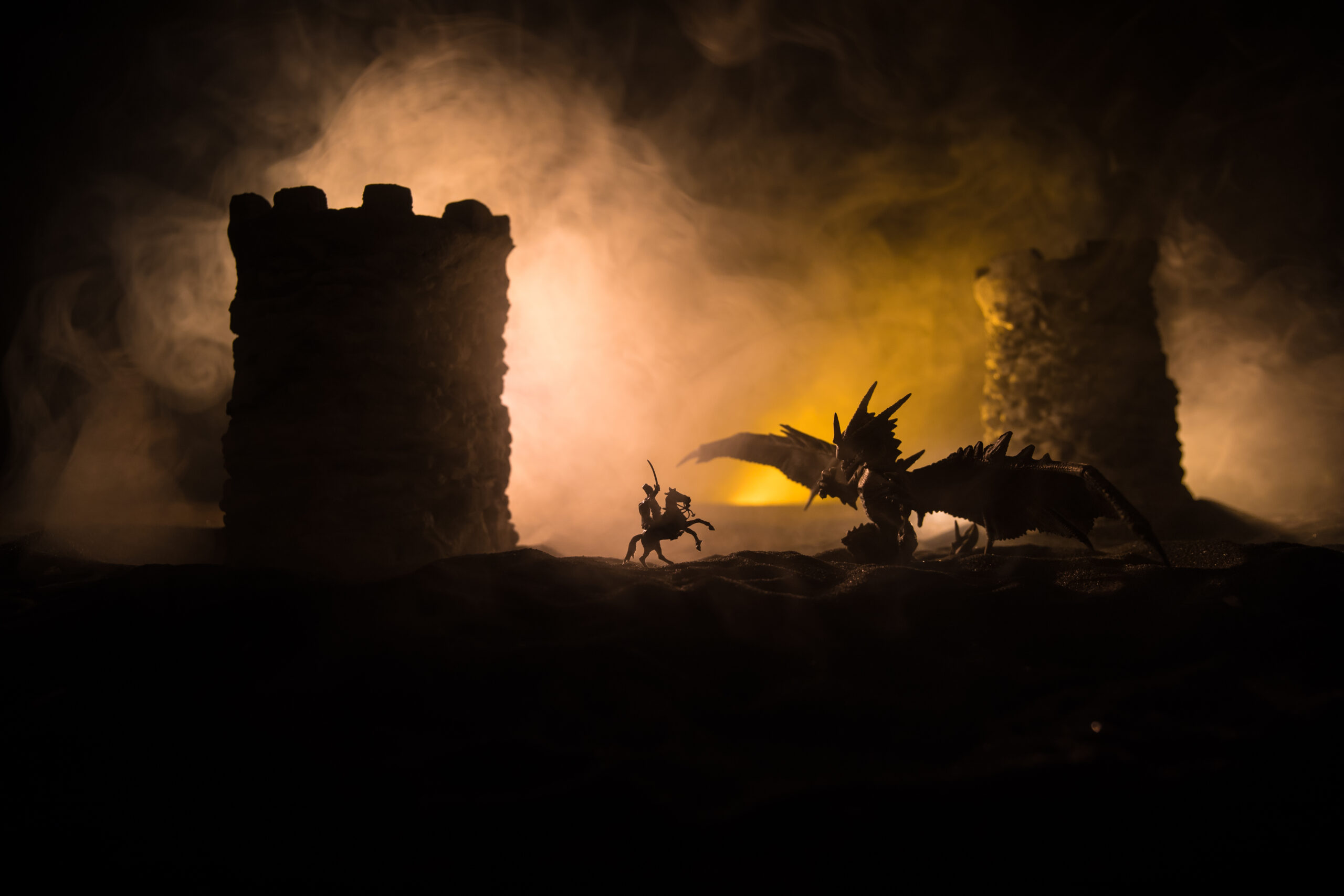 Let’s dive into the cultural impact and fan reception of "I'm Standing on a Million Lives," a series that has sparked considerable conversation since its debut. While it might not be the most widely known title in the isekai genre, it has certainly carved out a niche for itself, garnering both praise and critical analysis from fans and critics alike.
Let’s dive into the cultural impact and fan reception of "I'm Standing on a Million Lives," a series that has sparked considerable conversation since its debut. While it might not be the most widely known title in the isekai genre, it has certainly carved out a niche for itself, garnering both praise and critical analysis from fans and critics alike.
First, let’s talk about its reception among fans. From the outset, "I'm Standing on a Million Lives" attracted attention for its darker, more mature take on the isekai genre. Viewers were drawn to its unique premise—where the characters aren’t just transported to another world for adventure, but instead face intense, life-or-death scenarios that force them to grapple with their own morality and survival instincts. This approach resonated with many fans who were looking for something different from the typical isekai fare. The series has been praised for its character development, particularly the growth of Yusuke Yotsuya, whose evolution from a detached, cynical teenager to a more empathetic leader struck a chord with audiences.
On the flip side, the show has also faced its share of criticism. Some viewers found the pacing uneven, especially in the early episodes where the story takes time to find its footing. Others felt that the heavy focus on survival and strategy sometimes overshadowed the emotional depth of the characters. Despite these critiques, the series has maintained a solid fanbase, with many appreciating its willingness to tackle darker themes and its strategic approach to the challenges faced by the characters.
In terms of cultural impact, "I'm Standing on a Million Lives" has contributed to the ongoing evolution of the isekai genre. It stands out for its emphasis on the harsh realities of survival, which contrasts with the often escapist nature of other isekai stories. This has sparked discussions in the anime community about the direction in which the genre is heading, with some seeing this series as part of a broader trend towards more complex, morally ambiguous narratives within isekai. The show’s exploration of themes like trust, identity, and moral dilemmas has also resonated with viewers who enjoy more thought-provoking content.
The series has also made an impact through its use of gaming motifs, which appeal to a generation of viewers who are familiar with video games and RPGs. The strategic elements of the plot, combined with the high stakes of the characters’ missions, have drawn in fans who appreciate this blend of gaming culture with traditional storytelling. This crossover appeal has helped the show reach a broader audience, including those who might not typically watch isekai but are intrigued by its game-like structure and survival elements.
Social media and online forums have played a significant role in shaping the fan reception of "I'm Standing on a Million Lives." Discussions on platforms like Reddit and Twitter reveal a community that is highly engaged with the series, analyzing everything from plot twists to character arcs with great enthusiasm. Fan theories and debates about the true nature of the game world and the intentions of the Game Master have kept the conversation alive long after episodes have aired, demonstrating the series’ ability to spark ongoing interest and speculation.
In conclusion, "I'm Standing on a Million Lives" may not have reached the mainstream heights of some other isekai series, but it has undoubtedly made a significant impact within the anime community. Its blend of dark themes, strategic gameplay elements, and complex character development has earned it a dedicated fanbase and a respected place in discussions about the future of the isekai genre. Whether you’re a long-time fan or a newcomer, the series offers plenty of material to engage with, both in terms of its narrative and its cultural significance.